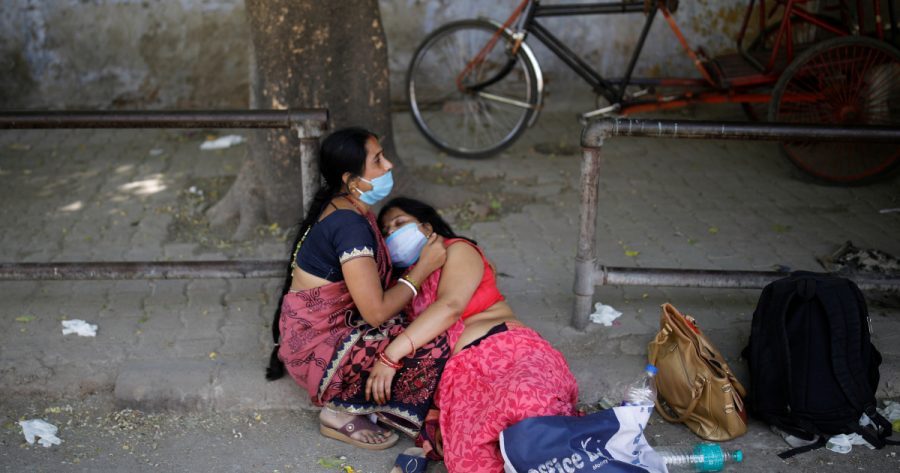With another 2,771 deaths confirmed in India, its coronavirus death toll is approaching 200,000, and the country’s armed forces have promised immediate medical assistance to combat the pandemic.
India reported 323,144 new cases in the last 24 hours, marginally less than the global high of 352,991 reached on Monday, with overcrowded hospitals turning away patients owing to a lack of beds and oxygen supplies.
India, which has a population of around 1.3 billion people, has recorded 17.64 million COVID-19 infections and 197,894 deaths so far, but experts say the number is much higher.
On Twitter, Rijo M John, a professor and health economist at the Indian Institute of Management in Kerala, said, “Please note that a huge fall in daily cases … is largely due to a heavy fall in testing”
“This should not be taken as an indication of falling cases, rather a matter of missing out on too many positive cases!”
The Indian government has asked its armed forces to assist in resolving the situation.
General Bipin Rawat, the Chief of Defence Staff, announced late Monday that oxygen will be released from the armed forces reserves, and retired medical workers would enter health facilities that are overwhelmed by the number of cases.
Rawat said any oxygen cylinders the army had would be transferred to hospitals in need of the life-saving gas when briefing Prime Minister Narendra Modi on the army’s plans to cope with the crisis.
According to a government announcement, other former medical officers have been advised to offer consultations via ambulance helplines.
Nursing staff and medical officers assigned to military headquarters would be sent to assist overworked medical personnel.
The first “Oxygen Express” train for Delhi arrived in the national capital early Tuesday, bringing about 70 tonnes of the life-saving gas.
However, the turmoil in the 20-million-strong metropolis remains unabated.
The hospital was dividing oxygen cylinders between patients, according to Dr K Preetham, the head of medical administration at the city’s Indian Spinal Injuries Centre, which is treating hundreds of COVID-19 patients.
“For seven days, most of us haven’t slept. Because of the scarcity, we are forced to put two patients on one cylinder and this is a time-consuming process because we don’t have long tubes,” he said.
In other major cities, hospitals, staff, and their family and friends have made urgent pleas for medical air, hospital beds, and drugs.










